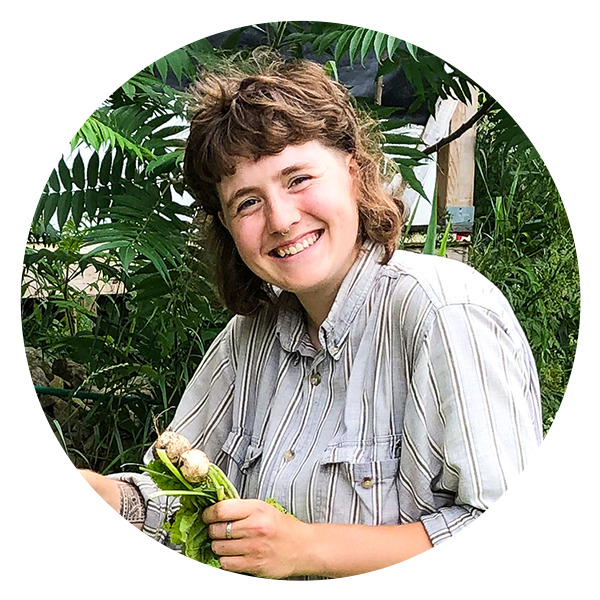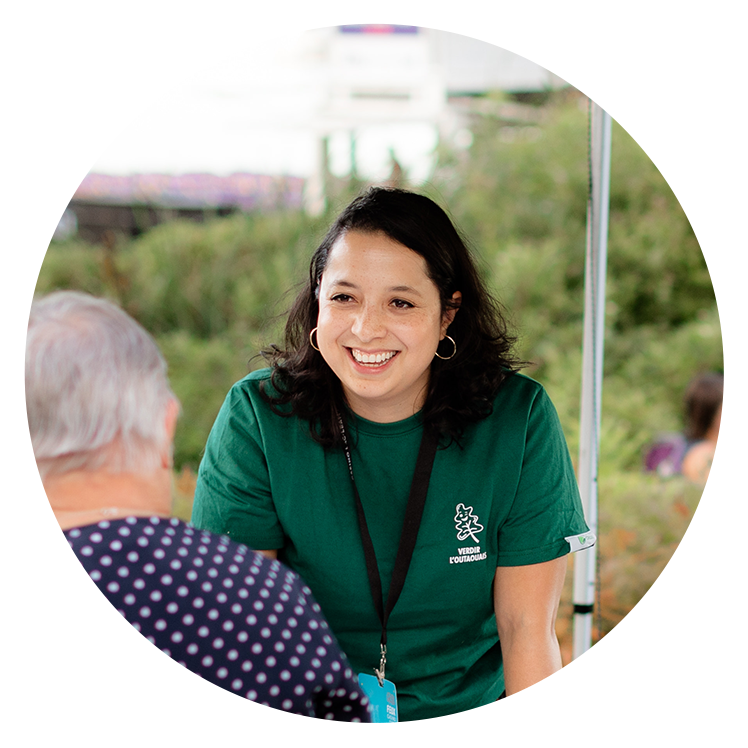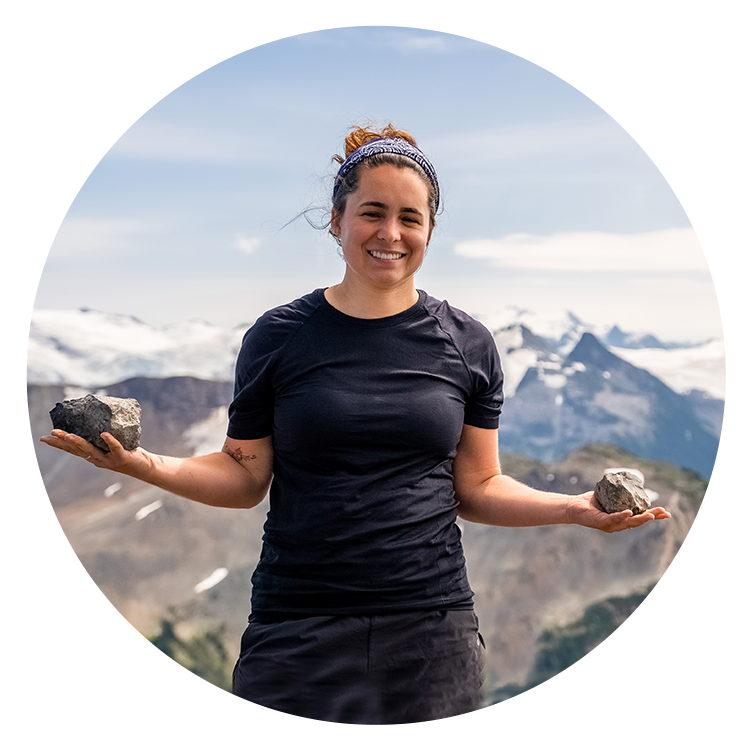This portrait reflects a personal experience.
Who are you?
My name is Golnoosh, I’m 25 years old, I’m from Iran, I’m a survivor. In January, it will be 5 years since I've settled in Italy, but the journey started a long time ago. I had to tell my parents I wanted to leave Iran to study abroad. I had to find a way to make this financially reachable by myself. I had to be accepted at University in Italy, to get a visa… When I first left Iran, I’d never expatriated before. Arriving in Italy was surreal. New sights, sounds, smells. Every place has its own smell if you pay attention. For me, the air here smelled cold and unfamiliar, adding to my sense of being a stranger. I didn’t know how to work, how to live by myself and yet this decision to start a new life was clear to me because of the situation in my country. I promised myself not to give up, to keep fighting for the life I wanted. The first few years were challenging, especially as I didn’t speak the language, and locals were initially unwelcoming. But here in Italy, I feel like an ordinary person. I’m treated equally, with safety and respect from the government. I value this freedom deeply, knowing how hard it is to obtain elsewhere. I’m studying international law, working in a restaurant, and this has led me to feel very proud of being able to say that I’m independent and reaching my goals little by little.
Can you tell me what it’s like, being a woman in Iran?
For women in Iran, life is different than it is in most countries. From the start, we’re separated. Boys and girls are educated in different schools, even in kindergarten sometimes. You grow up seeing yourself as “different,” and when I started maturing, I felt this difference deeply. My opinions and choices were disregarded, and society felt like a prison. For example, after age 9, girls in Iran are required to wear the hijab; in some families, this is delayed until around 12, but if you’re out in public and the Police catches you, you’ll have problems and you can be arrested. I remember that when I played volleyball as a teen, my father insisted that studies were more important. I loved it and was passionate and yet, as I became successful at it, the pressure on my shoulders to get me to stop was very intense. I loved yoga too, and I used to have the right to film my sessions at a school where I was teaching kids how to practice it. As I started growing from a girl into a woman, the school forbade me to film because my body was changing. This felt tragic. If I were a boy, I could have continued. You have to understand that we have some basic rights like studying, voting, and driving, but they’re restricted. There are always conditions, like wearing the hijab or needing government permission. I studied, but my father opposed me going into sports. My father, though, is also a product of societal indoctrination by the regime. Many men believe their money and status entitle them to control. My father was one of them. He felt he had the right to control me and my choices. Yet, I did everything I could to live on my own terms, even selling cakes to support my desire to emancipate and finance my studies abroad. I talk a lot about my father because, as a man, he represents the regime’s impact on family life. My mother, having grown up with these same restrictions, helped me whenever she could though. In Iran, family life is a microcosm of society’s controls and pressures. Now, living independently is a big step for me. On the phone, when my father asks about my life, it feels more like curiosity than control. I’ve won the right to refuse to answer if I choose. I’ve won this fight of being considered like a child and not like a girl anymore. These details matter as much as the larger forces. Not every man in Iran imposes control like my father did, but, my family also allowed me slightly more freedom than some other girls experience. Families should be a source of support and protection, but in Iran, the cultural foundation to nurture that doesn’t exist. Women lose the recognition and safety they should receive from family because the culture hasn’t taught us to value it. These things ultimately pushed me to leave.
Do Iranian people have access to information and are aware of climate change?
I had access to films, music and information. You always find a way. So I’d say most people are aware of climate change but it’s not considered a priority. It’s the Maslow pyramid. If your basic rights are not guaranteed, if you’re not sure to eat or to feel safe in your own country, global warming won’t be your first concern. And the regime ensures to keep people always at this basic level of needs so that they don’t see fully everything that is happening. I’m sensitive to global warming. I see that in my country and everywhere, the climate is changing in the wrong direction. Climate is already hot in my country, and half of the country is desert. So people are used to a certain heat. But eventually, at some point, we won’t be able to go out without protection, for our skin, for our eyes, etc.
Is there anything you’d like to add?
When you have something, when you didn’t fight for it, you don’t understand its value. Maybe in 10 years, you’ll ask me about how I feel in Italy or somewhere else and I’ll complain about everything, because I’ll have forgotten. But for now, I invite everybody to consider the rights and possibilities they have. On my side, I can’t imagine returning to Iran to live there. If I went back, I would feel like this young girl who has been hurt, who has been rejected by my country just for being a woman. I miss Iran’s people, places, and familiar scents, but returning as an adult woman would feel like serving a country that didn’t support me. Perhaps, if there’s ever regime change, this conversation could be different. For now, it is my duty to help as much as I can the young women in Iran who are planning to leave, through immigrant groups, providing advice and other types of help.








































